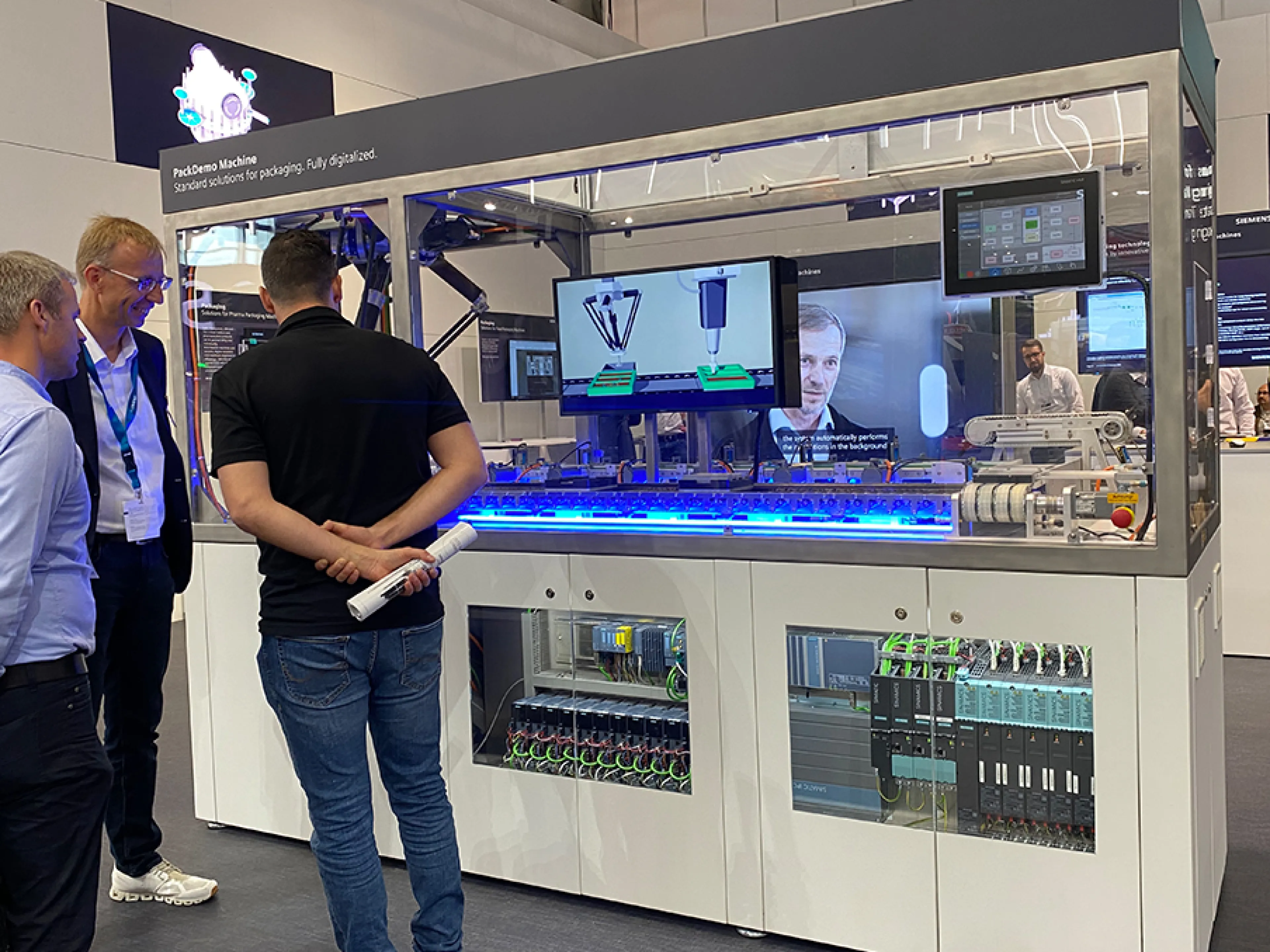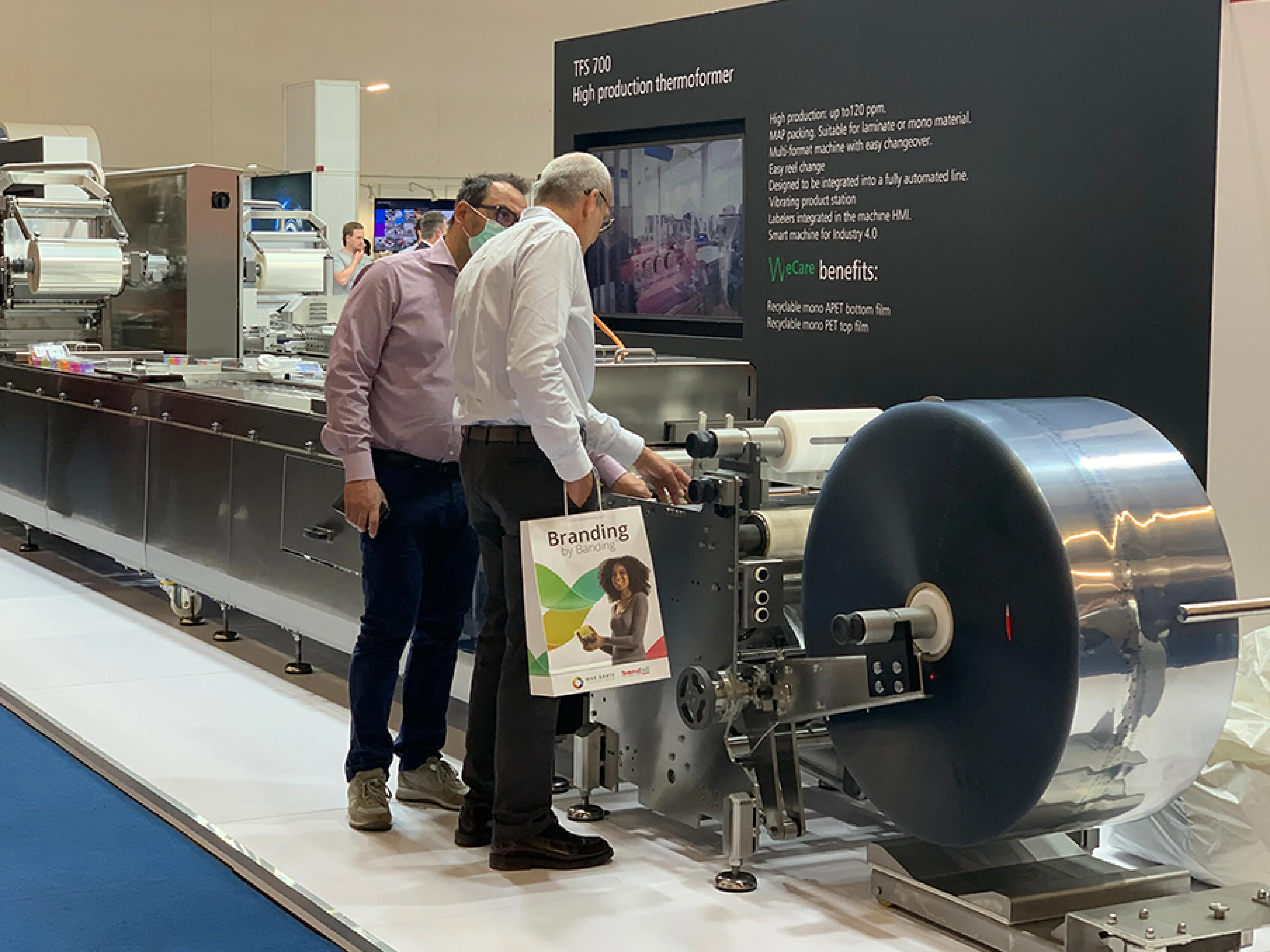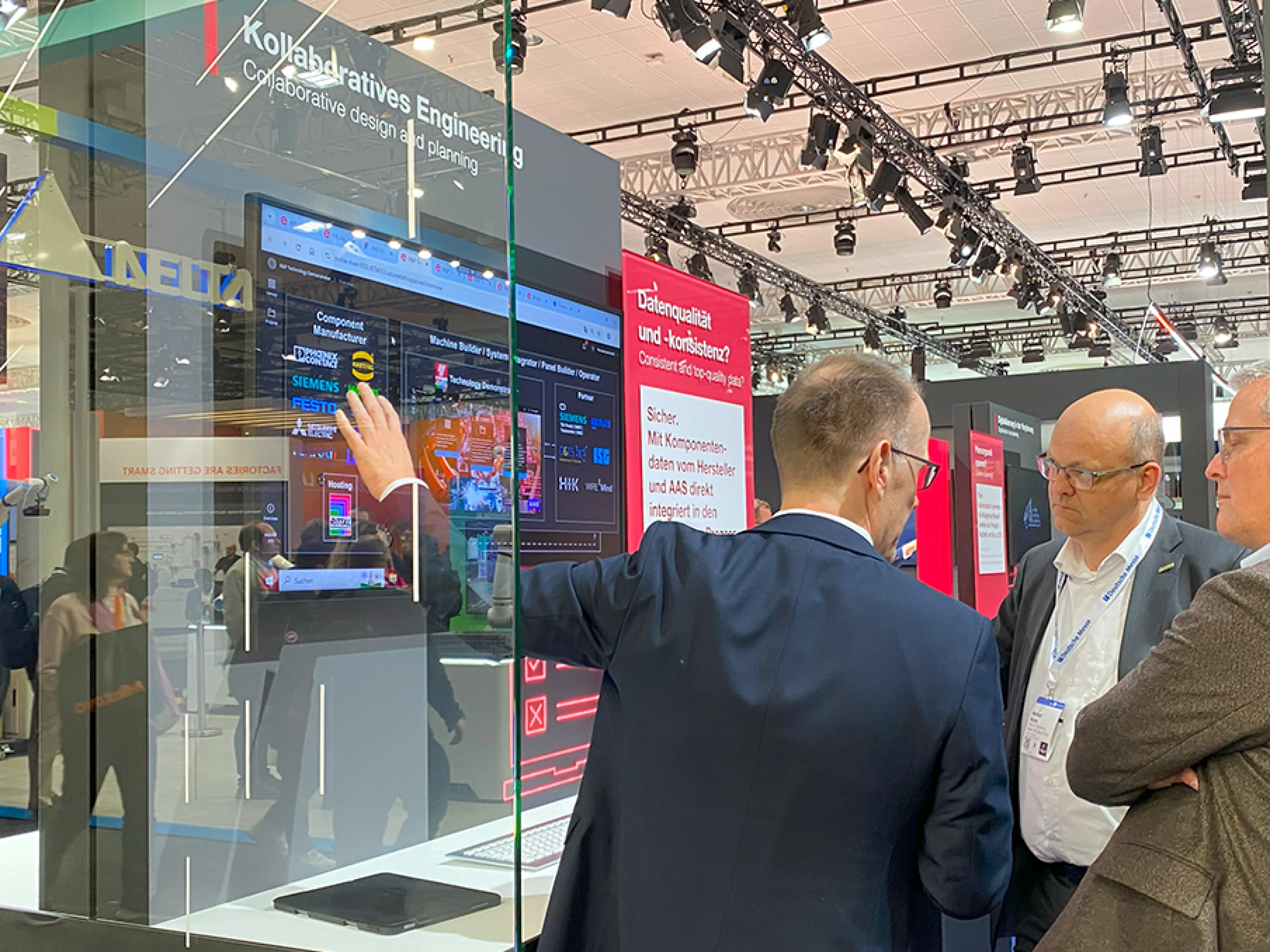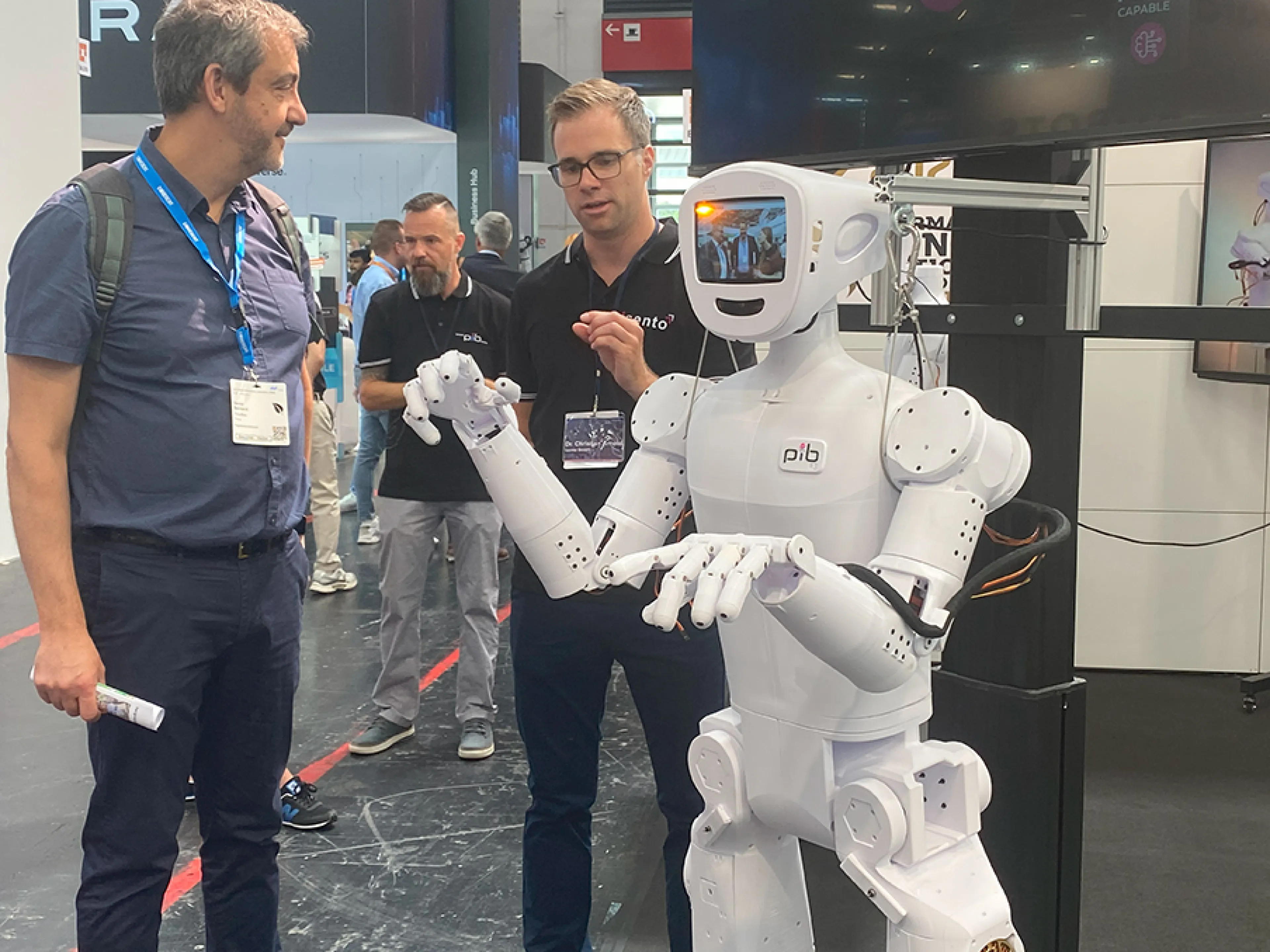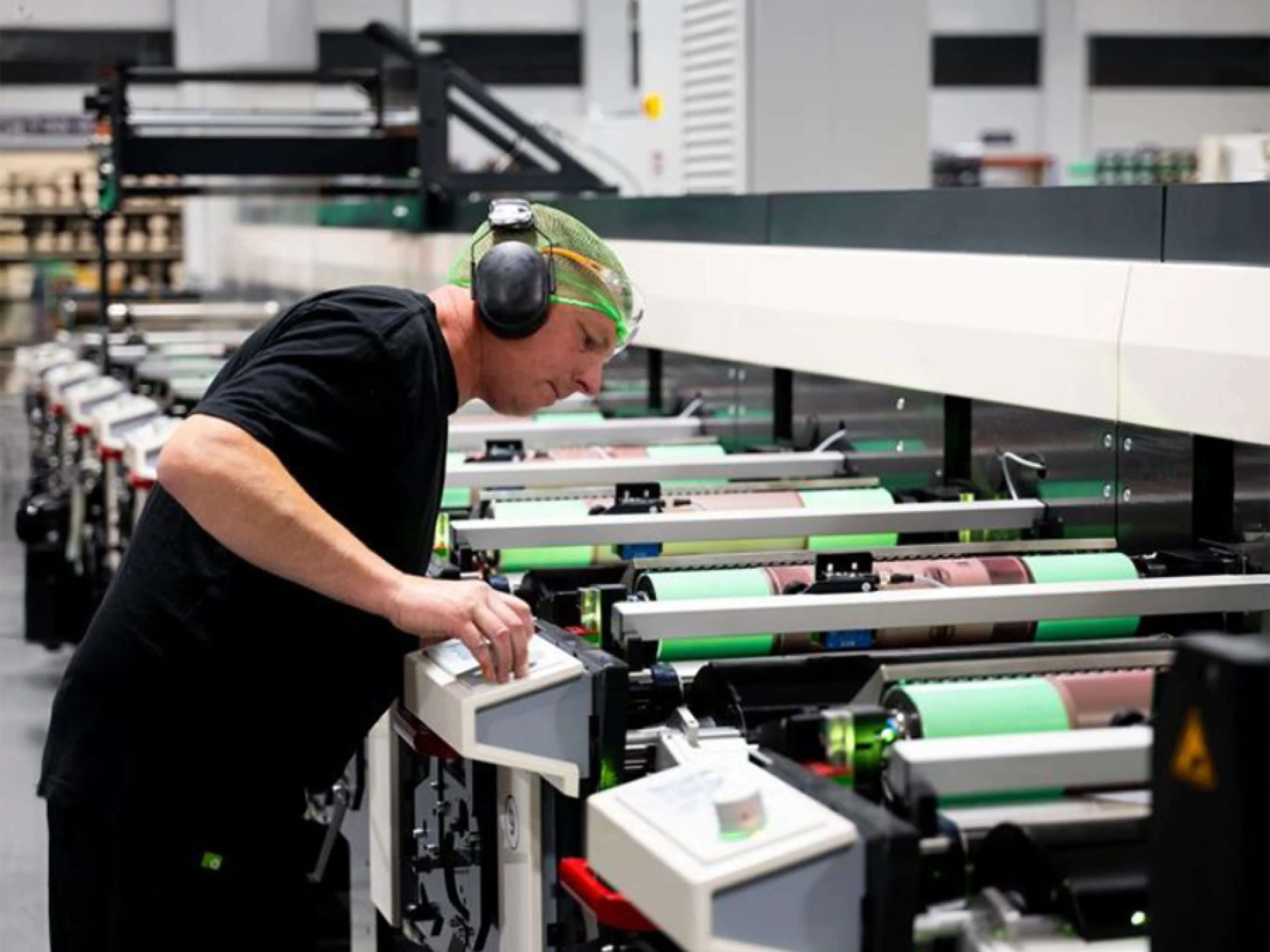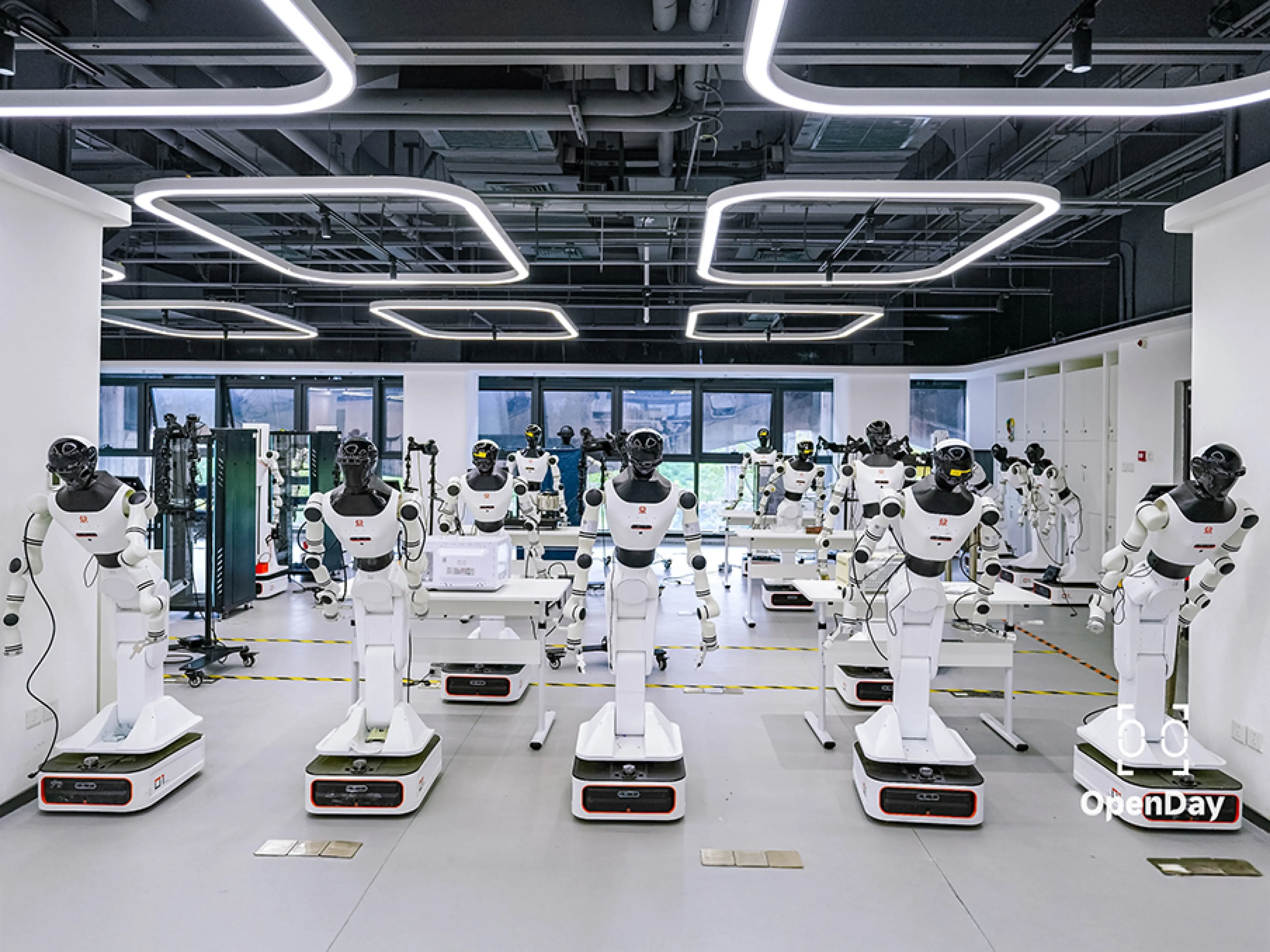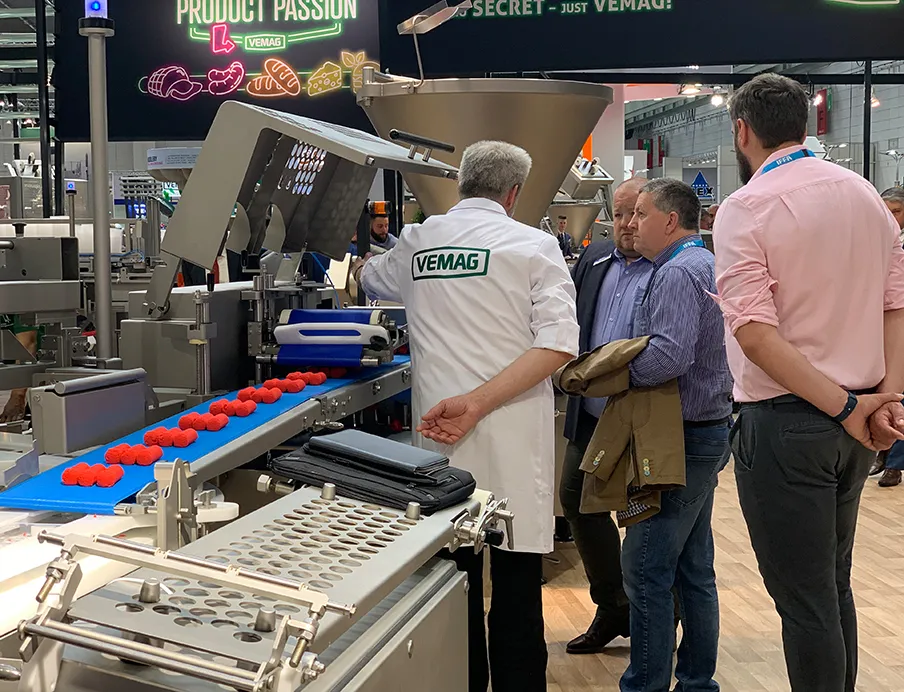
From 3 to 8 May 2025, IFFA will be focusing on key future topics for the meat and protein industry. Under the motto 'Rethinking Meat and Proteins', the leading international trade fair will be presenting a comprehensive picture of the value chain, from processing and ingredients to packaging. The exhibition halls are already well booked. In a preview of the fair, Wolfgang Marzin, Chairman of the Board of Management of Messe Frankfurt, emphasized: “We have more than 1,000 participating companies, including all the world market leaders in the industry, who have registered for Iffa 2025. This is a privilege, an honor and an obligation for us.” The main topics at Iffa 2025 are peak performance in production, adding value to data, sustainability in practice and new product worlds.
Market leaders will be represented, as will small, specialized suppliers and start-ups. Marzin continues: “This Iffa will be the most international trade fair on the subject since its inception in 1949.” The exhibitors come from around 50 countries. Strong nations alongside Germany are Italy, Spain and the Netherlands, but also France and Poland. In addition to the numerous companies from all over Europe, there will be large contingents from the USA, Brazil and China.
New Iffa worlds combine individual process steps
A new hall structure is intended not only to show the diversity of technologies, but also to strengthen the connection between the individual process steps. The new Iffa worlds are thematically structured areas. They bundle the range of different product groups and create orientation in the trade fair spectrum. They are called:
- World of Processing: Solutions for the safe and efficient processing of meat and proteins
- World of Packaging: innovative concepts for protecting, preserving and presenting food
- World of Ingredients: essential basics for flavor, structure and quality
- World of New Proteins: technology, ingredients and research for all types of meat alternatives
- World of Skills and Sales: knowledge and skills for first-class craftsmanship and enthusiastic customers.
A high level of internationality is also expected among visitors. More than 70 percent are expected to come from abroad, from around 150 countries. The top visitor countries include the Netherlands, Italy, Spain, Poland, the USA, Brazil, Austria, Great Britain and Switzerland. Trade visitors come from the protein processing industry, the butchery trade, the food trade, gastronomy and the various supplier industries.
Wolfgang Marzin adds: "The response from exhibitors has been impressive and we are looking forward to seeing numerous innovations for the meat and protein industry. Thus, companies will be showing solutions for farms of every size, all sources of protein and every region of the world."
Development of process technology for meat and protein processing
The global trade in meat processing machinery has been growing steadily for years and reached a new record of almost 2.7 billion euros in 2023. For 2024, the VDMA Food Processing and Packaging Machinery Association (NuV) also expects global demand for safe and high-performance machines to remain unbroken. Klaus Schröter, Chairman of the VDMA, Process Technology for Meat and Protein Processing, explains the development for the Food Processing and Packaging Machinery Association (NuV): “For 2024, we expect growth of three to four percent. Exports have increased by six percent in the last three quarters. Domestic demand is relatively stable.” After a period of enormous growth over the last ten years, the outlook for meat processing machines is not quite as positive. Schröter continues: “We reached a peak of 1.4 billion euros in 2023. [...] It will obviously be a little less in 2024. But the industry is very positive about the fact that we will see growth rates again due to Iffa.”
Key topics at Iffa 2025
The topics of 'Maximum Performance', 'Value Creation from Data', 'Sustainability in Practice' and 'Limitless Product Variety' are at the center of the Iffa offering and the supporting program for industry professionals. Specifically, this means:
- Increasing efficiency and automating processes: How can machines and equipment in the meat and protein processing industry be made to perform at their best? Technologies such as AI, robotics and sensor technology are opening up new opportunities for the food industry to increase productivity.
- Data as a success factor: A large amount of data is already being collected at all stages of the process chain. Optimized use of this data improves the production process and creates transparency through seamless documentation and traceability. Completely new possibilities arise when consumer and retail data also flow directly back into production planning.
- Implementing sustainability: What specific measures can be taken to achieve greater sustainability in production? Greater energy efficiency, renewable energies and modern drive technology make an important contribution. In packaging technology, recyclable, plastic-reduced and bio-based concepts are a sustainable trend.
- New nutrition trends and greater product variety: whether made from meat, plants or mushrooms, the variety of protein-containing products is growing, and with it the demands on the machines. Flexible systems are in demand to score points with seasonal or regional specialties in the competition for consumers. At the same time, researchers and start-ups are constantly working on new ideas to sustainably supply the growing world population with proteins.
Robotics and AI in use in meat and protein processing
Klaus Schröter sums up the 2025 trends by saying that the use of AI will be a key area of innovation. This will also involve the evaluation of real-time data. For example, key figures for plant availability are to be analyzed. The aim is to avoid unplanned production downtime. Processes can be simulated and adapted. These capabilities could also be used to make investment decisions. The software and technology are already being used in mechanical engineering and are now also set to be used more and more in the processing of meat and alternative proteins. The use of increasingly compact robotic solutions is also a key trend, as these are becoming more and more marketable for small batch sizes or companies. This is because their adaptability and flexibility have improved significantly. Not least, companies can counteract the shortage of labor and skilled workers in this way.
Iffa 2025 event program
In addition to the exhibitors' new developments, Iffa offers a professional supporting program that highlights the top topics from all sides. To make this happen, Messe Frankfurt works closely with its partners: the VDMA, the German Butchers' Association and, in the field of new proteins, Balpro, Proveg and the Good Food Institute Europe. Iffa Kitchen will feature an exciting program of discussions combined with live demonstrations and show cooking. Iffa Factory will showcase exemplary solutions for the shortage of skilled workers in production. The curated Iffa Discovery Tours will help visitors to discover and understand the many innovations of the exhibitors. They will be aligned with Iffa Worlds in terms of content.

